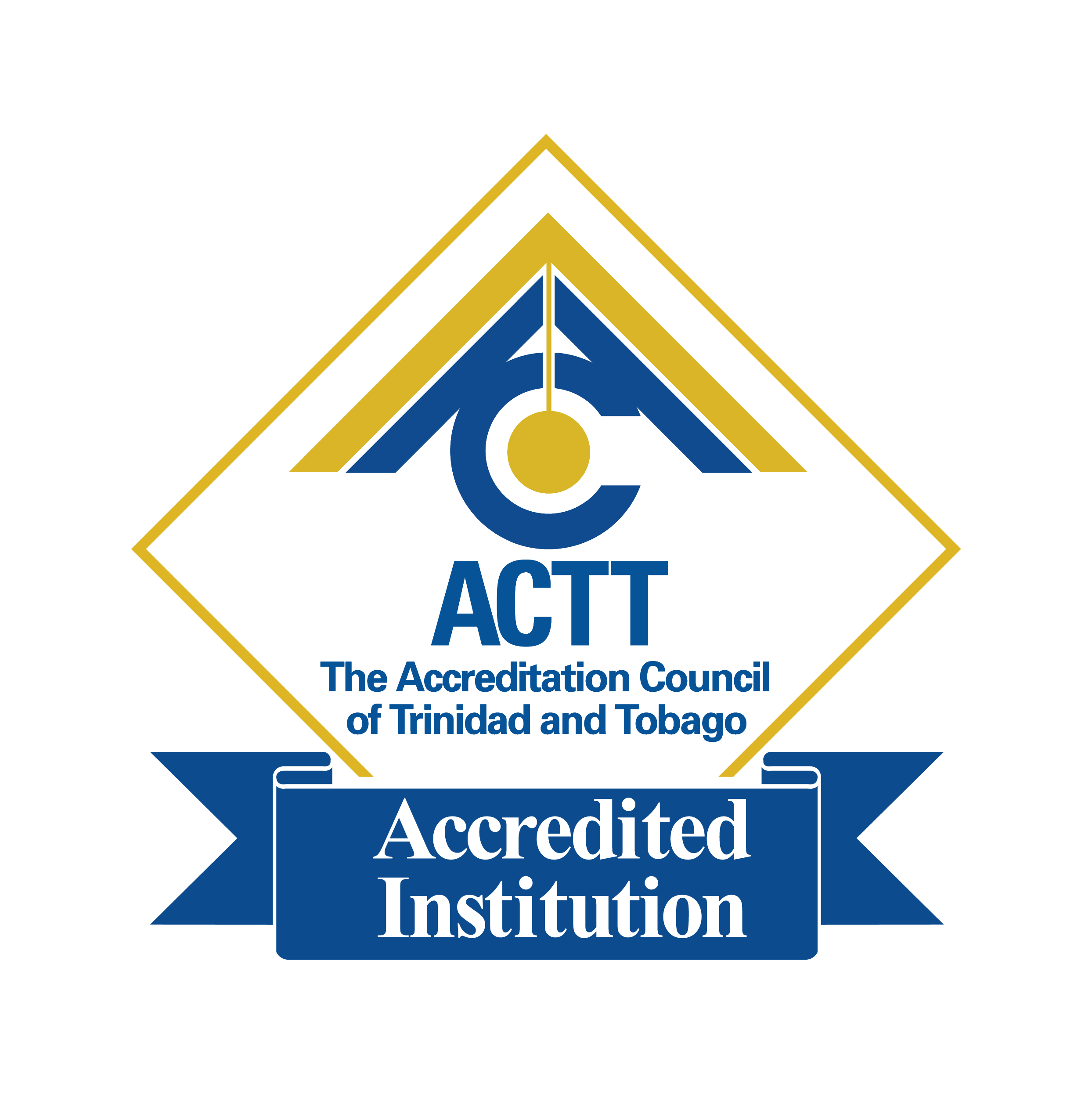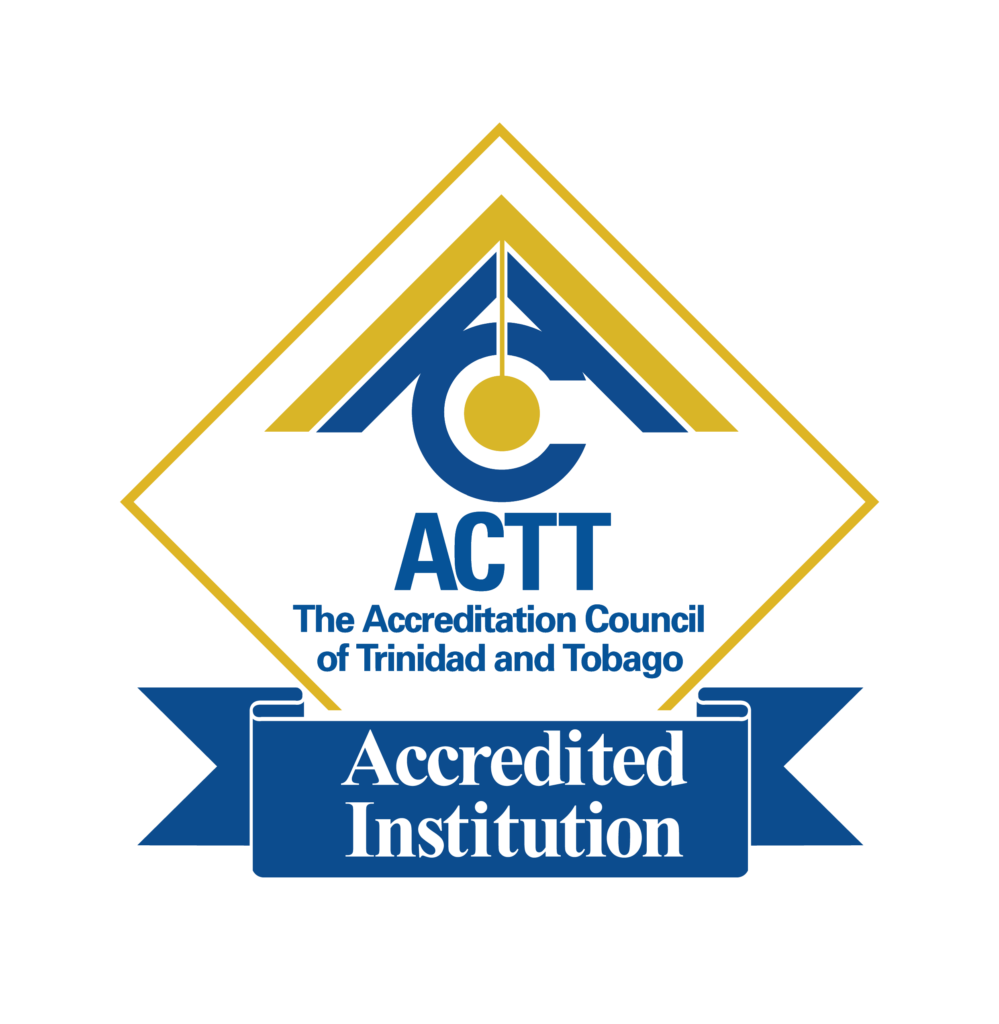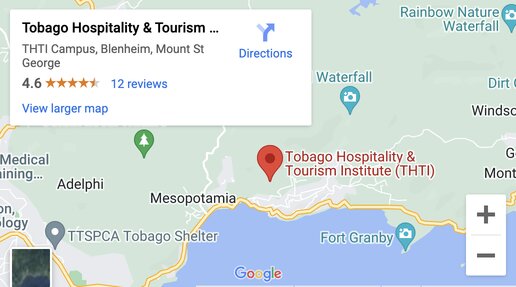A Beginner’s Guide to Executing a Perfect Event
- Share this post
Planning and executing an event can be an exciting yet daunting task, especially for beginners. Whether it’s a small gathering or a large-scale conference, a well-executed event requires careful planning, attention to detail, and effective coordination. It is always important to:
Define The Event’s Objective:
Ask yourself what you want to achieve with the event. Is it to raise awareness, promote a product, or bring like-minded individuals together? Understanding your goals will guide your decision-making throughout the planning process.
Create a Budget:
Consider all the expenses involved, including venue rental, catering, marketing, and entertainment. Remember to account for unforeseen costs and consider seeking sponsorships or partnerships to offset expenses.
Choose the Right Venue:
Selecting the perfect venue is essential to create the right atmosphere and accommodate your target audience. Visit the venue in person to ensure it meets your requirements and has the necessary technical infrastructure.
Develop a Timeline:
Break down the planning process into manageable phases, including booking vendors, promoting the event, and coordinating logistics. Assign responsibilities and set realistic deadlines to keep everyone on track.
Build a Strong Team:
No event can be executed successfully without a dedicated and capable team. Delegate responsibilities based on individual strengths and expertise. Regularly communicate with team members, provide them with clear instructions, and encourage collaboration. Regular meetings and progress updates will keep everyone aligned.
Plan Event Logistics:
Pay meticulous attention to event logistics, such as registration, ticketing, transportation, and parking. Ensure a seamless experience for attendees by utilizing technology, such as online registration platforms or event management software. Anticipate potential challenges and have contingency plans in place.

Engage Attendees through Marketing:
Create a buzz around your event through effective marketing strategies. Utilize social media, email marketing, press releases, and partnerships to reach your target audience. Craft compelling content, including engaging event descriptions, promotional videos, and eye-catching graphics.
Curate Engaging Content:
The success of your event hinges on the content and experiences you provide. Develop a captivating agenda that includes relevant speakers, interactive workshops, and networking opportunities. Tailor the content to your audience’s interests and ensure a balance between education, entertainment, and engagement.
Execute and Evaluate:
During the event, be present and oversee its smooth execution. Monitor timelines, manage any last-minute changes, and ensure attendees have a positive experience. Collect feedback from participants, vendors, and your team to evaluate the event’s success.

Remember to stay adaptable, embrace challenges, and continuously seek feedback to improve future events. With dedication and proper execution, your event is bound to leave a lasting impression on all who attend.
To learn more about our upcoming Event Management Series or view our full list of other short courses. Contact 868-477-8910 for more information!
References
Seguin, S. (2023, January 13). 20 Essential Event Planning Tips for Beginners. Pointers for Planners.
- Share this post
Upcoming Events:
Related Posts:
More You Might Like
Upcoming Short Courses:
- Lecturer: Raakesh Madoo
- Online Classes
- To Be Announced
- Short Courses
- Lecturer: Chef Sonia Phillip
- Face to Face
- TBD
- Coming Soon, Short Courses
- Lecturer: Chef Vergiss Lovelace
- Face to Face
- 24hrs
- Short Courses
- Lecturer: Chef Sonia Phillip
- Face to Face
- 48 hours
- Short Courses
- Lecturer: Ikeisha Niles
- Online Classes
- 12 hours
- Short Courses
Upcoming Courses:
- Lecturer: Chef Vergiss Lovelace
- Face to Face
- 6 hours
- Short Courses
- Lecturer: Chef Kwesi Selvon
- Online Classes, Face to Face
- 36 hours
- Short Courses
- Lecturer: Raakesh Madoo
- Online Classes, Face to Face
- 30 hours
- Short Courses
- Lecturer: William Trim
- Face to Face
- 48 hours
- Short Courses
- Lecturer: Chef Kwesi Selvon
- Face to Face
- 36 hours
- Short Courses




















